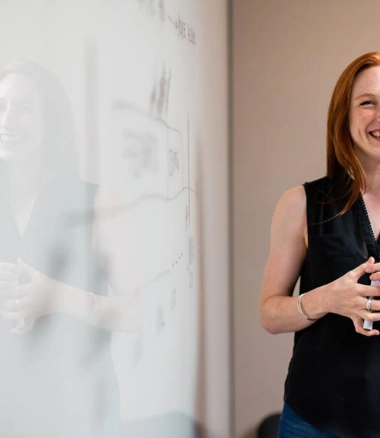
What was once a futuristic idea has quickly become an everyday reality, changing how projects are designed, delivered, and maintained. AI isn’t replacing human expertise; it’s amplifying it. The engineering teams who learn to work with technology, not against it, are already setting a new standard for innovation and efficiency.

Smarter Systems, Better Outcomes
AI is revolutionising how we approach complex systems in building design and management. The Chartered Institution of Building Services Engineers (CIBSE) notes that AI-driven systems are being used to fine-tune HVAC operations, automate lighting controls, and optimise energy performance using real-time building data. These intelligent systems continuously learn from how a building is used, reducing waste and improving occupant comfort, something no static design can achieve.
Engineering Efficiency Through Data and Design
Across the engineering landscape, industry leaders such as WSP have highlighted how AI-driven design tools are allowing engineers to explore multiple iterations and optimise structures faster than ever. Generative design and predictive modelling are now standard tools for forward-thinking teams. By combining engineering knowledge with AI’s computational power, professionals can identify efficiencies and sustainability gains that were previously hidden.
AI on the Construction Site
The influence of AI extends far beyond the design phase. On-site, intelligent tools are helping track project progress, improve safety, and anticipate delays. Recent research published in 'Automation in Construction' (ScienceDirect) shows that AI-assisted construction management can significantly enhance scheduling accuracy and risk detection, leading to more predictable outcomes. For contractors, developers, and engineers alike, this means fewer surprises and more informed decision-making throughout a project’s lifecycle.
A Shift in Skills and Mindset
As AI becomes part of everyday workflows, the most valuable engineers and building services professionals are those who combine technical skill with digital awareness. Understanding how AI models work, and when to trust or challenge their outputs, is quickly becoming a core competency.
At Connexus, we’ve also noticed a growing demand for professionals who can merge traditional engineering insight with data-driven thinking. The ability to interpret complex outputs, collaborate with digital tools, and communicate findings clearly is what sets top performers apart.
Human Expertise Still Leads the Way
Even as automation accelerates, human judgment remains the cornerstone of engineering. AI can generate options, but it’s the engineer who balances them against safety, budget, and ethical considerations. The future of work in building services will always depend on people who can think critically, adapt to new tools, and apply their expertise in creative ways.

Conclusion
AI isn’t just reshaping workflows - it’s redefining how we think about collaboration, design, and innovation. For engineers, project managers, and building services specialists, this is a time of opportunity. Those who embrace AI, upskill continuously, and keep a balance between data and design will shape the industry’s next chapter.
At Connexus, we’re closely following these developments and connecting professionals who are ready to lead this transformation, helping organisations build teams that can thrive in the age of intelligent engineering.





